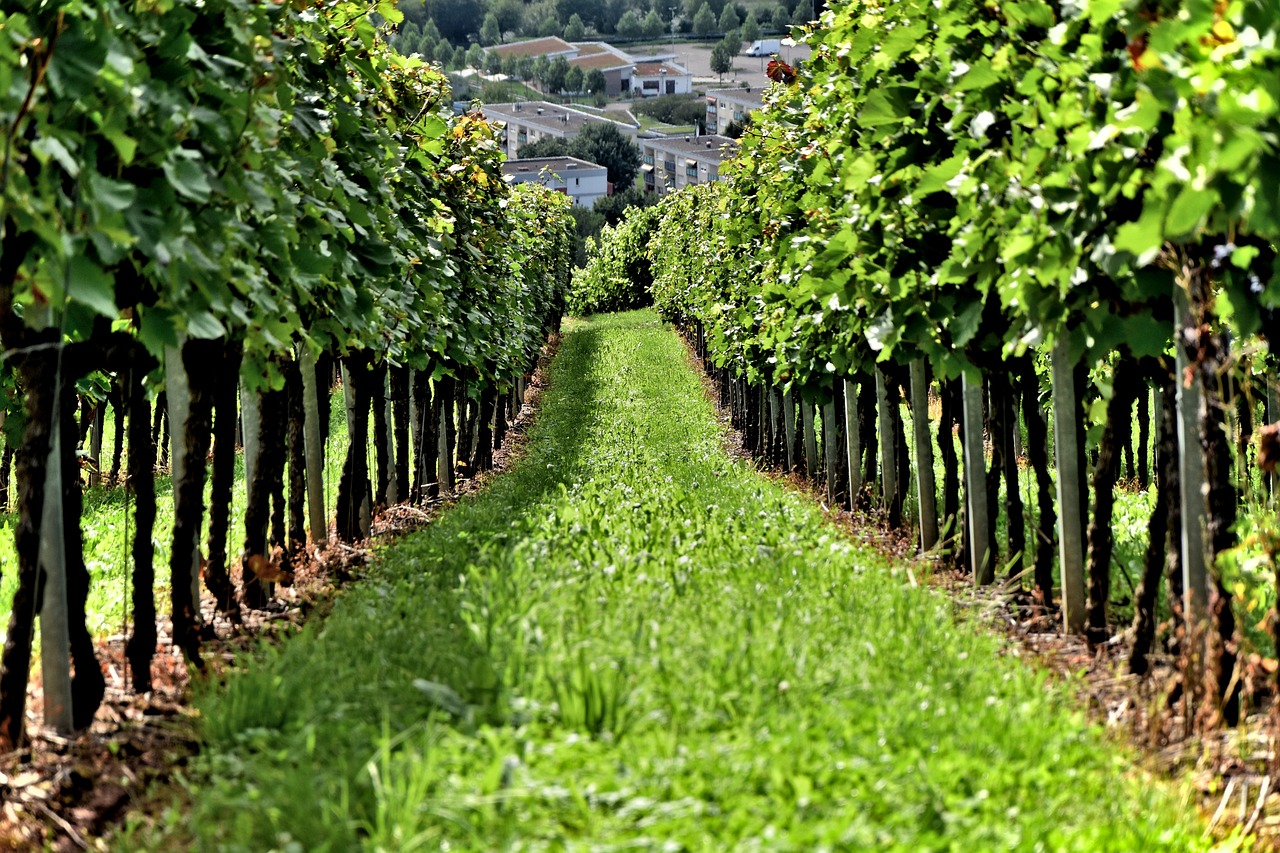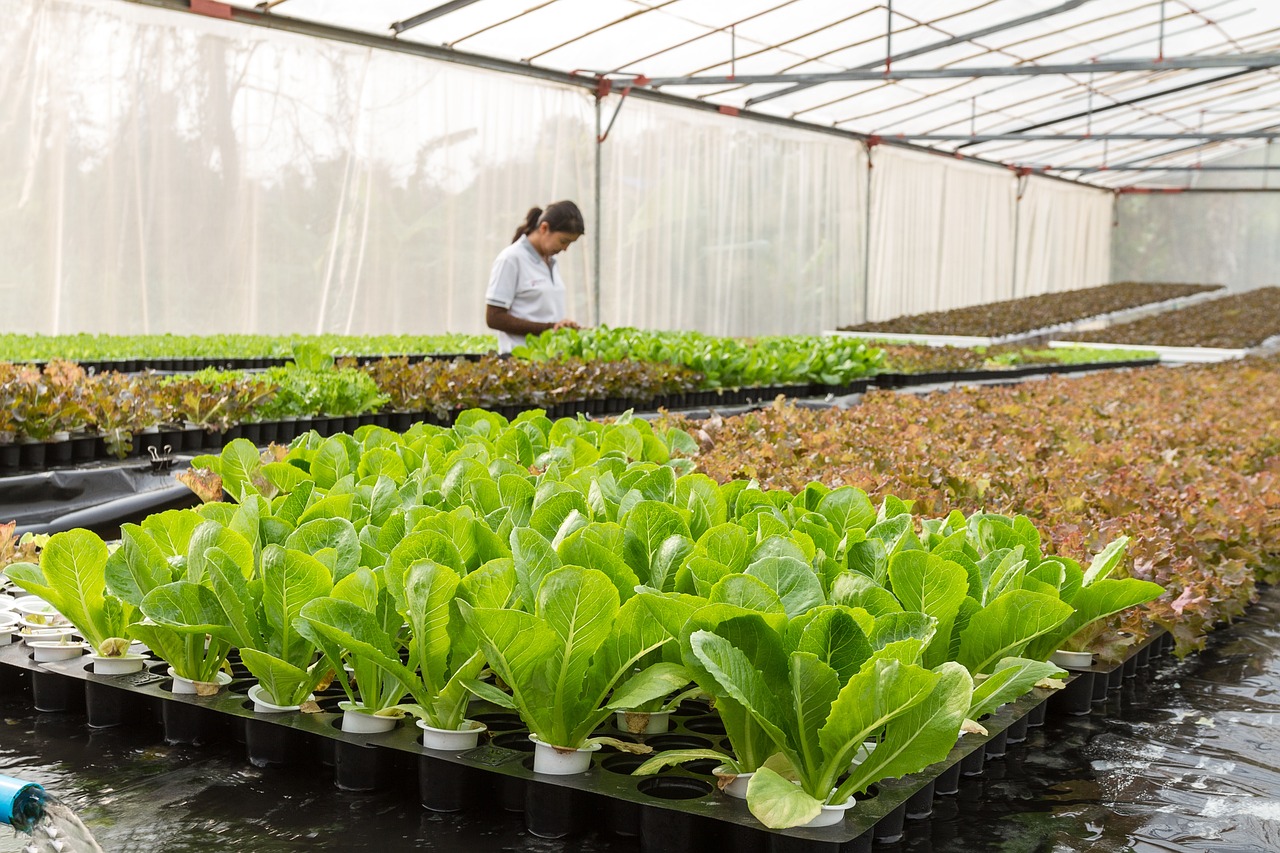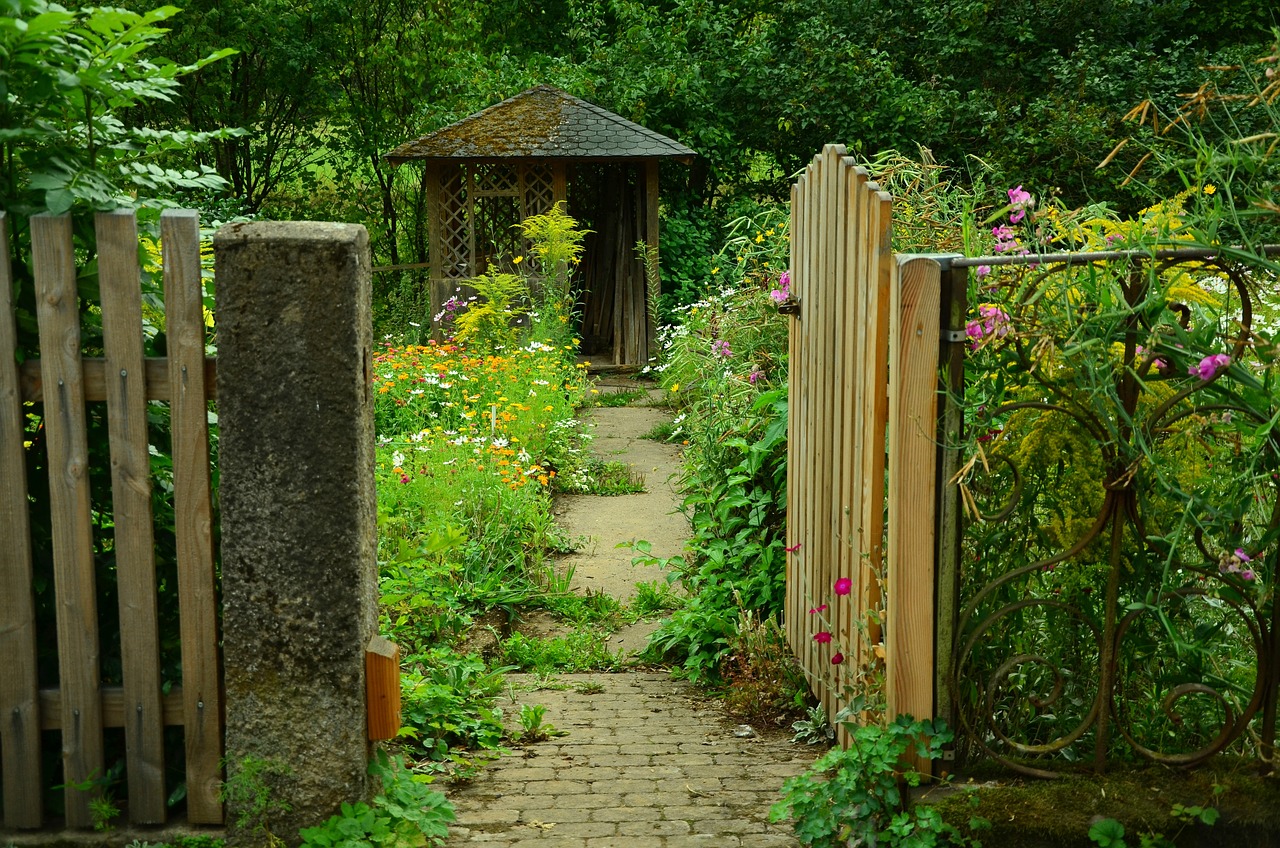If you’re looking for an enjoyable and productive way to spend your time outside, raised bed gardening could be just the thing for you. With its numerous benefits, this form of gardening has become increasingly popular over the years.
From improved soil quality to increased yield and productivity, there are many reasons why raised bed gardening might be the perfect hobby for you.
One of the primary benefits of raised bed gardening is that it allows you to improve the quality of the soil you use to grow your plants. By creating a raised bed and filling it with high-quality soil, you can provide your plants with the nutrients they need to thrive.
This is especially important if you’re working with poor soil quality in your backyard. With raised bed gardening, you can create the ideal growing environment for your plants and ensure that they have everything they need to grow healthy and strong.
Improved Soil Quality
You’ll love how raised bed gardening improves soil quality, making your plants thrive! With raised beds, you have more control over the soil composition, allowing you to tailor it to the specific needs of your plants.
The soil in raised beds is usually looser and better aerated, which means that roots can grow more easily and take in more nutrients. This is because the soil isn’t compacted by foot traffic or heavy machinery, which can limit water and nutrient uptake.
Additionally, raised beds are designed to retain nutrients, which is great for plant growth. The sides of the raised bed keep the soil in place, preventing it from washing away during heavy rain or watering. This means that the nutrients in the soil are not lost, and your plants have access to them for longer.
Furthermore, raised beds can be filled with high-quality compost and other organic materials, which are rich in nutrients that plants need to grow. So, not only does raised bed gardening improve soil quality, but it also provides a better environment for your plants to flourish.
Easier Maintenance
Maintaining a garden can be less of a hassle with raised beds, making it an enjoyable activity for everyone. With raised beds, you’ll find that watering your plants is much easier, thanks to the efficient water conservation system.
Since the soil in raised beds is elevated above ground level, it allows for better drainage and prevents water from being wasted. You’ll also find that you won’t need to water your plants as often, which saves both time and money in the long run.
Another benefit of raised bed gardening is the ability to control pests more effectively. Since the soil is contained within the raised bed, it’s much easier to prevent pests from invading your garden. Additionally, you can use natural pest deterrents such as companion planting, which involves planting certain plants together that naturally repel insects.
With fewer pests to worry about, you’ll be able to spend more time enjoying your garden instead of constantly battling pests. Overall, raised bed gardening is a great way to make gardening easier and more enjoyable while also conserving water and controlling pests.
Longer Growing Season
If you plant in a raised bed, you can enjoy a longer growing season due to the warmer soil and better drainage. Raised beds allow you to control the soil temperature, which is beneficial for plants that need warmer soil to thrive.
Additionally, raised beds provide better drainage, preventing waterlogging and allowing plants to grow healthy roots. This means that you can plant early in the season and extend your growing season well into the fall.
Raised beds also offer more growing options and weather protection. You can add a cover to protect your plants from extreme weather conditions, such as frost, wind, or heavy rain. This means that you can grow delicate plants that would otherwise be difficult to grow in your area.
You can also plant in succession, which means that you can plant one crop after another, allowing you to have continuous harvests throughout the season. Overall, raised bed gardening provides many benefits, including a longer growing season, better drainage, and more growing options.
Versatility in Design and Location
With a raised planting area, you can really get creative with the design and location, allowing you to incorporate gardening into your outdoor living space in a unique and visually appealing way. The versatility of raised bed gardening is unmatched because it offers you the freedom to customize and optimize your garden space.
You can use different materials, shapes, and sizes to create a garden that fits your creative aesthetics and complements your outdoor decor. For instance, you can build a raised bed with wooden planks, stone blocks, or concrete blocks, and then paint or stain it to match your patio furniture or house exterior.
You can also incorporate various designs such as curves, squares, triangles, or circles to create a stunning garden centerpiece that adds charm and character to your backyard. In addition to creative aesthetics, raised bed gardening provides an opportunity for space optimization.

You can place your garden beds in any location that receives optimal sunlight, whether it’s on a slope, a rocky terrain, or a concrete patio. This means that you can maximize your garden space and grow more plants in a smaller area than traditional gardening methods.
You can also use companion planting and vertical gardening techniques to increase your yields and diversity of crops. For example, you can plant tomatoes, basil, and peppers together in a raised bed, which will not only save space but also create a beneficial growing environment for these plants.
Overall, raised bed gardening gives you the freedom to design and locate your garden in a way that suits your needs and preferences, while optimizing your growing space for maximum yield and beauty.
Increased Yield and Productivity
By using raised beds, you’ll notice an increase in your yield and productivity. You’ll be able to plant more in a smaller space, resulting in a lush and abundant garden. The reason for this is that raised beds allow you to control the soil nutrition and irrigation techniques more effectively.
With raised beds, you can add high-quality soil and compost to the top of the bed, ensuring that your plants have access to all the nutrients they need. This is especially important if you have poor soil quality in your yard.
Additionally, raised beds allow for more efficient irrigation techniques. By creating raised beds, you can build in an irrigation system that delivers water directly to the roots of your plants. This can save water and can also help prevent the spread of diseases that can occur when water is splashed onto the leaves of your plants.
By keeping the soil consistently moist, you’ll be able to grow healthier plants that produce more fruits and vegetables, resulting in a bountiful harvest.
Frequently Asked Questions
What types of plants are best suited for raised bed gardening?
For raised bed gardening, choose plants that thrive in your area and complement each other through companion planting. Consider soil composition and ensure plants have enough room to grow.
How much does it cost to build a raised bed garden?
Building a raised bed garden can cost anywhere from $50 to $500 depending on the materials and size. However, DIY options and cost savings from increased yields and reduced water usage make it a worthwhile investment.
How often do you need to water a raised bed garden?
To keep your raised bed garden thriving, water it regularly based on the watering frequency of the plants you’re growing. The soil’s moisture retention in raised beds is better than traditional gardens, but don’t let it dry out completely.
Are there any downsides to raised bed gardening?
Raised bed gardening has both pros and cons. While it can improve soil quality and make gardening easier, it requires more maintenance and can be costly to set up. Some maintenance tips include proper watering and regular soil amendments.
Can raised bed gardening be done in small spaces, such as on a balcony or rooftop?
Yes, raised bed gardening can be done in small spaces like balconies or rooftops using container or vertical gardening methods. These methods are great for maximizing space and can be used to grow a variety of plants.
Conclusion
Congratulations on learning about the benefits of raised bed gardening! By now, you should have a good idea of all the advantages you can enjoy by opting for this type of gardening.
With improved soil quality, easier maintenance, longer growing seasons, versatility in design and location, and increased yield and productivity, raised bed gardening is a fantastic option for anyone looking to start their own garden.
In the end, the most significant benefit of raised bed gardening is the ability to grow your own food. With the right setup and care, you can enjoy fresh, healthy fruits and vegetables right from your backyard.
So why not give it a try? With a little bit of effort and some patience, you could be well on your way to a bountiful harvest in no time!










